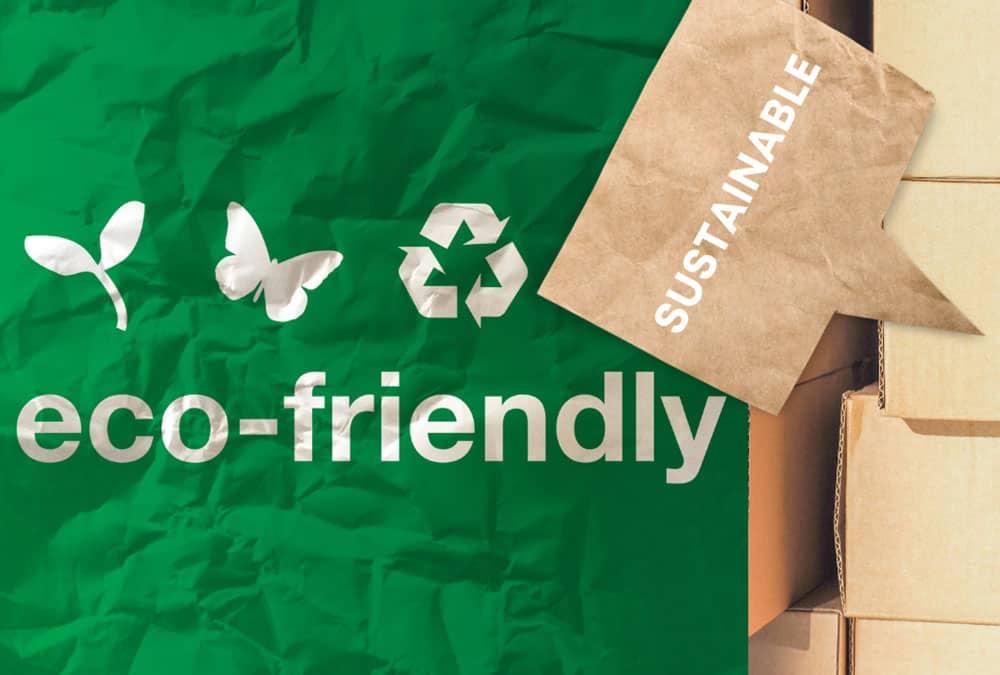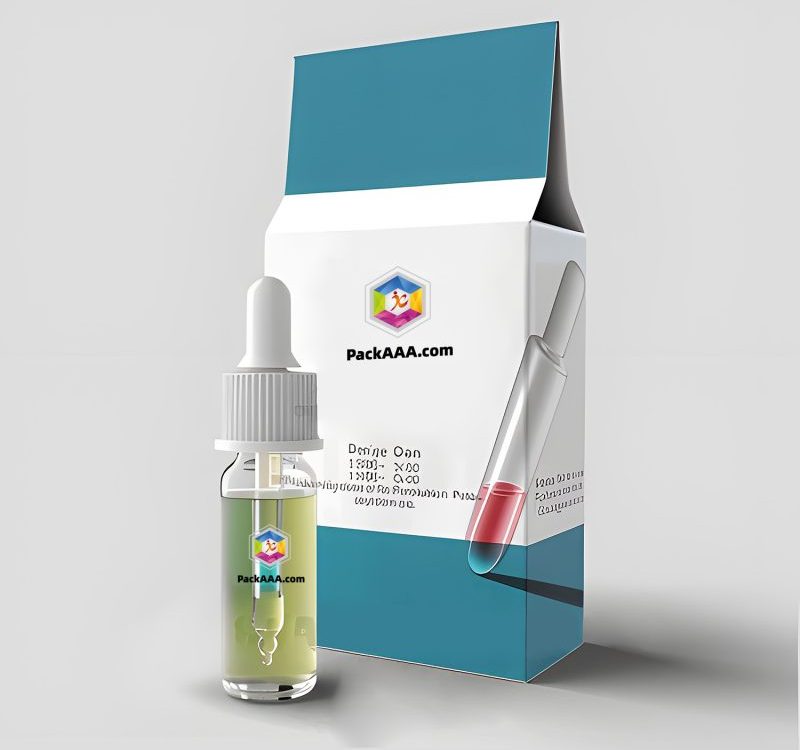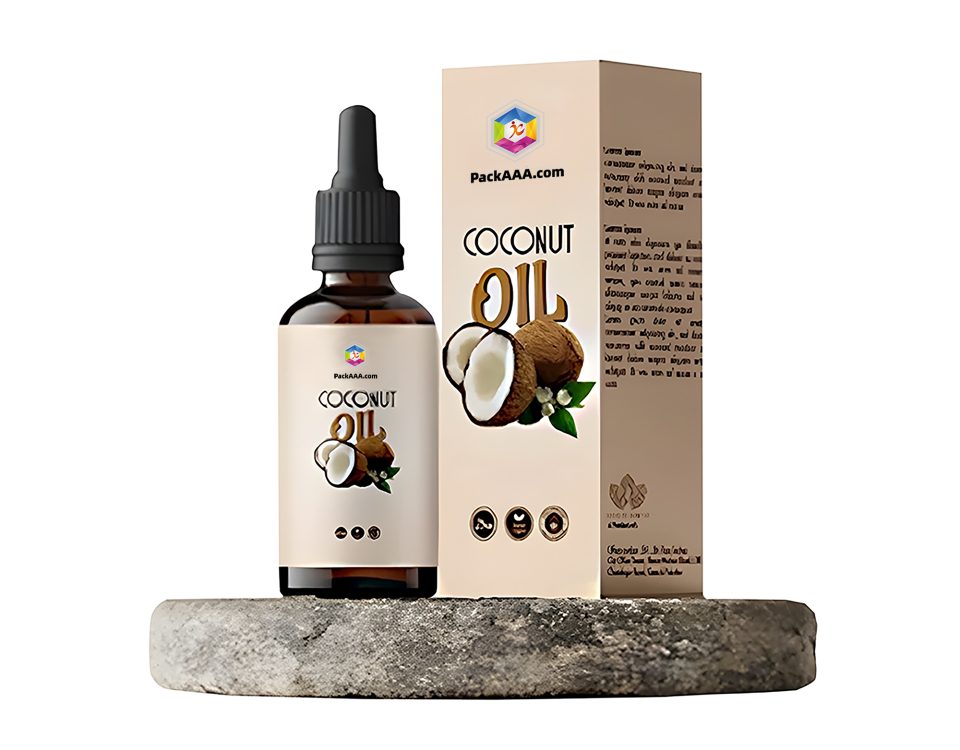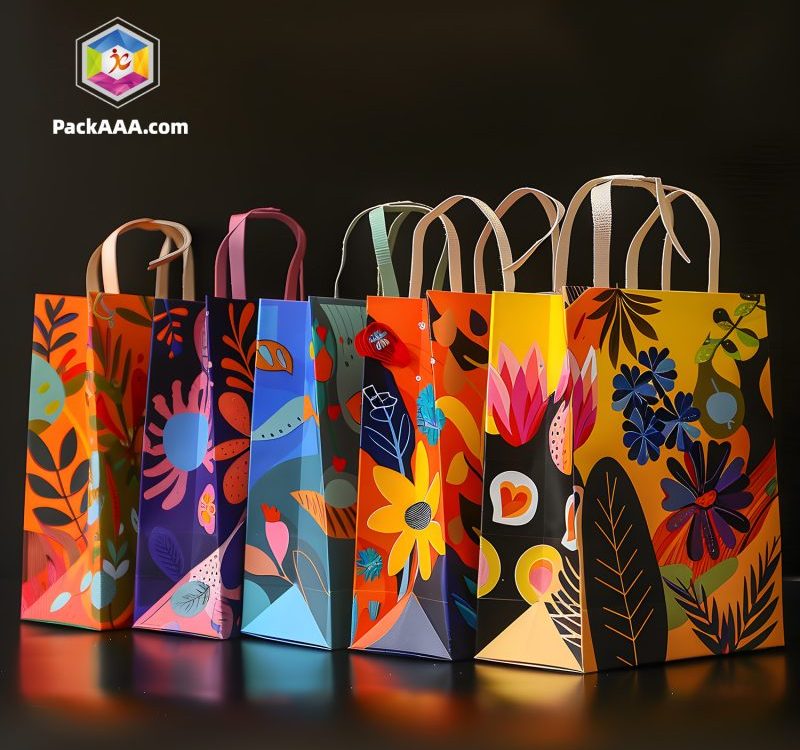The world is grappling with an escalating environmental crisis, driven by a combination of factors, with plastic and packaging waste playing a pivotal role. Global warming, fueled by these pollutants, has not only contributed to a hotter planet but has also exacerbated water pollution, turning what should be a basic right—access to clean water—into a luxury for many.
The Alarming Impact of Packaging Waste
In 2021, global plastic production reached a staggering 390.7 million metric tons, with packaging alone accounting for approximately 40% of this total. This statistic highlights the immense contribution of packaging to the global plastic crisis. Furthermore, a 2019 report by the Center for International Environmental Law (CIEL), titled “Plastics & Climate,” revealed that plastic production and incineration generate around 850 million metric tons of CO2 annually. Alarmingly, projections indicate that this figure could soar to 2.8 gigatons of CO2 per year if current trends persist.
The implications of these figures are dire. The accumulation of plastic waste, which can take hundreds of years to decompose, is a significant driver of climate change and environmental degradation. This issue has prompted nations worldwide to implement stringent policies aimed at curbing plastic pollution and promoting sustainable packaging solutions.
Global Policy Responses to Combat Plastic Pollution
European Union (EU)
– Single-Use Plastics Directive (2019): The EU has taken a proactive stance by banning specific single-use plastic products, including straws, cutlery, and cotton buds. Additionally, member states are required to achieve a 90% collection target for plastic bottles by 2029 and ensure that these bottles contain at least 30% recycled content by 2030.
– Circular Economy Action Plan (2020): This comprehensive plan focuses on reducing waste and fostering the reuse and recycling of materials. The EU’s ambitious goal is to make all plastic packaging recyclable or reusable by 2030.
United States
– State-Level Bans: Several U.S. states, including California, New York, and Maine, have implemented bans on single-use plastic bags and polystyrene foam containers. These states also mandate the use of recyclable or compostable packaging materials.
– Federal Initiatives: While there is no federal ban on plastics, the proposed Break Free From Plastic Pollution Act seeks to phase out certain single-use plastics and promote extended producer responsibility.
China
– National Plastic Ban (2020): China has embarked on a phased ban on single-use plastic bags, straws, and utensils, with a complete phase-out planned by 2025. The policy also includes restrictions on the production and sale of non-biodegradable plastic products.
– Recycling and Waste Management: China has significantly enhanced its recycling infrastructure and waste management systems to mitigate plastic pollution.
India
– Plastic Waste Management Rules (2016, amended 2021) :India has implemented regulations that prohibit the use of plastic bags below a specific thickness and mandate the phasing out of single-use plastics by 2022. The rules also enforce extended producer responsibility for plastic waste.
– National Cleanliness Drives: Initiatives like Swachh Bharat Abhiyan have played a crucial role in raising awareness and reducing plastic waste across the country.
United Kingdom
– Plastic Packaging Tax (2022): The UK has introduced a tax on plastic packaging containing less than 30% recycled content, incentivizing businesses to adopt more sustainable materials.
– Single-Use Plastics Ban: The UK has already banned single-use plastic straws, stirrers, and cotton buds, with additional restrictions planned for other plastic products.
The Importance of Biodegradable Packaging
In light of these global efforts, the importance of adopting biodegradable product packaging cannot be overstated. Biodegradable packaging offers a viable alternative to plastic and other non-biodegradable materials, reducing the environmental footprint of businesses and contributing to the fight against climate change.
Partnering with PackAAA for Sustainable Packaging Solutions
At PackAAA, we have over a decade of experience in the printing and packaging industry. We recognize the critical role of biodegradable packaging in creating a sustainable future. Our commitment to eco-friendly packaging aligns with our goal of contributing to the global “Save the World” campaign, which focuses on achieving a sustainable and environmentally friendly world through innovative packaging solutions.
We invite brands that share our vision to partner with us. Together, we can turn your packaging dreams into reality while making a positive impact on the planet. Contact us today at support@PackAAA.com or via WhatsApp at +86 181 0020 3843 to explore how we can collaborate to create sustainable packaging solutions that resonate with your brand values.






